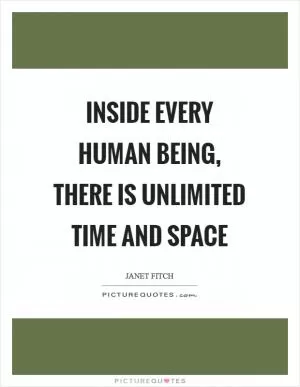It was only natural to want to destroy something you could never have

It was only natural to want to destroy something you could never have
In the world of Janet Fitch's novels, the theme of unattainable desires and the destructive impulses that arise from them is a recurring motif. Fitch's characters often find themselves yearning for something or someone that is just out of reach, leading to feelings of frustration, anger, and ultimately, a desire to destroy what they cannot possess.One of Fitch's most famous works, "White Oleander," follows the story of Astrid Magnussen, a young girl who is placed in a series of foster homes after her mother is imprisoned for murder. Throughout the novel, Astrid grapples with her complicated relationship with her mother, Ingrid, who is both a source of love and pain for her. Ingrid is a complex and enigmatic character, whose beauty and charisma captivate those around her, including Astrid. However, Ingrid's toxic behavior and manipulative tendencies ultimately drive a wedge between mother and daughter, leaving Astrid with a deep sense of longing for a connection that can never be fully realized.
As Astrid navigates the challenges of her tumultuous upbringing, she is forced to confront the harsh realities of her situation and the unattainable nature of her desires. Her longing for a stable and loving family is constantly thwarted by the dysfunction and chaos that surrounds her, leading to feelings of anger and resentment towards those who have hurt her. In a moment of desperation, Astrid lashes out in a destructive act that ultimately changes the course of her life forever.
The quote, "It was only natural to want to destroy something you could never have," encapsulates the central theme of unattainable desires in Fitch's work. Whether it be a longing for love, acceptance, or belonging, Fitch's characters often find themselves grappling with the pain of wanting something that is just out of reach. This sense of frustration and helplessness can lead to destructive impulses, as characters like Astrid are driven to extreme measures in an attempt to cope with their unfulfilled desires.
Overall, Fitch's exploration of unattainable desires and the destructive impulses that arise from them serves as a powerful commentary on the complexities of human emotion and the ways in which we navigate the challenges of longing for something we can never truly possess. Through her vivid and compelling storytelling, Fitch invites readers to delve into the depths of her characters' psyches and confront the harsh realities of their unattainable desires.












 Friendship Quotes
Friendship Quotes Love Quotes
Love Quotes Life Quotes
Life Quotes Funny Quotes
Funny Quotes Motivational Quotes
Motivational Quotes Inspirational Quotes
Inspirational Quotes